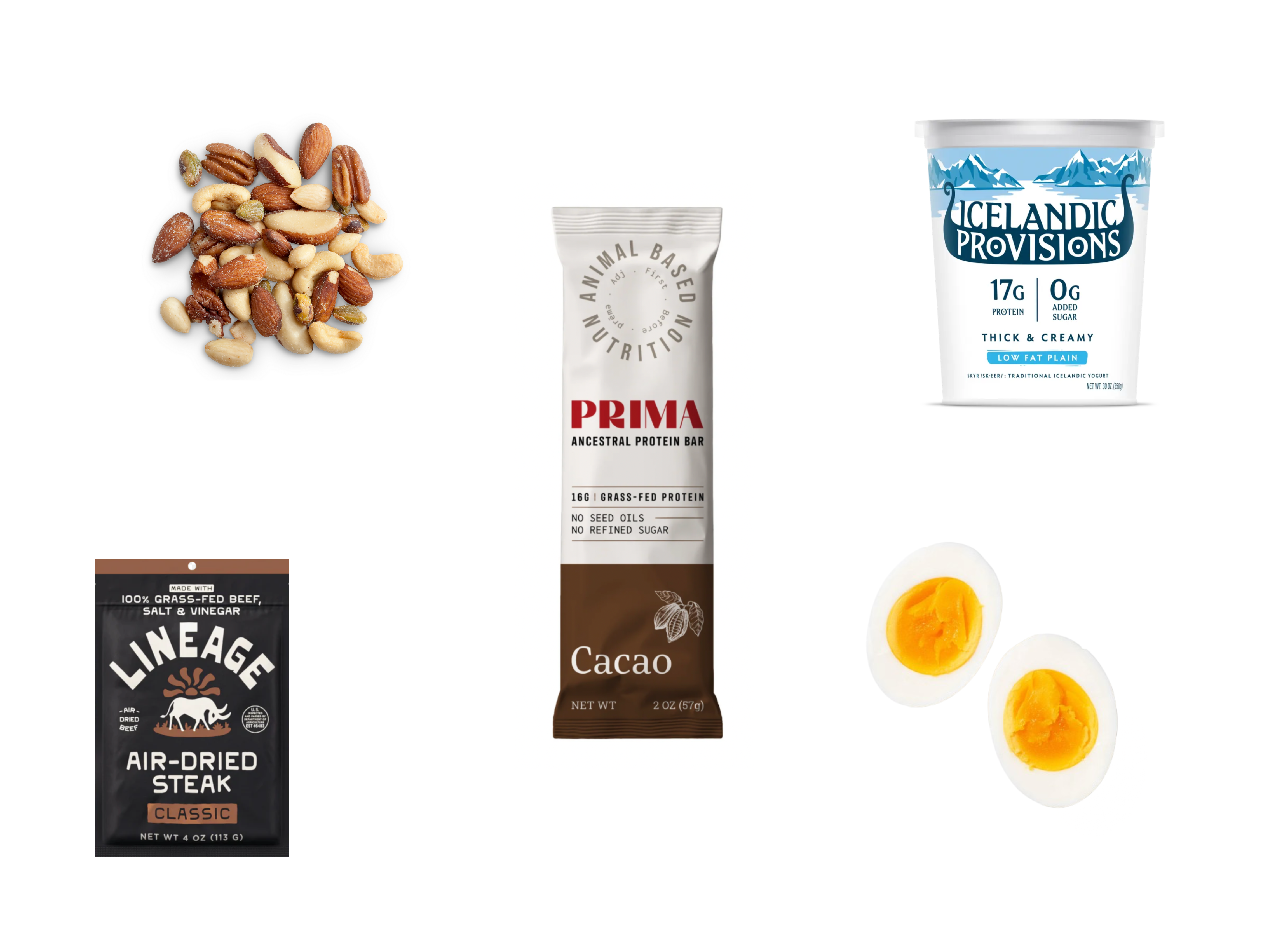
With growing interest in low-tox living and anti-inflammatory diets, more people are scrutinizing the oils in their pantry. One of the most common questions that pops up is: Is olive oil a seed oil? The short answer is no, but the distinction matters more than you might think, both for your health and your cooking choices.
Common seed oils include:
- Canola oil
- Soybean oil
- Corn oil
- Sunflower oil
- Cottonseed oil
- Grapeseed oil
These oils are inexpensive and commonly found in processed foods, restaurant fryers, and even “healthy” snacks. Curious why they’re bad? Read:
Related Post
What Are Seed Oils? Are They Bad For You?So, Is Olive Oil a Seed Oil?
No, olive oil is not a seed oil. It is made by pressing the fruit of the olive tree, not the seed. In fact, extra virgin olive oil is typically produced through cold-pressing, without heat or chemicals, preserving its natural antioxidants and healthy fats.
Because it comes from a fruit rather than a seed, olive oil is rich in:
- Monounsaturated fats (MUFA) – more stable and heart healthy
- Polyphenols and antioxidants – including oleuropein and hydroxytyrosol
- Vitamin E – a fat-soluble antioxidant that supports skin and immune health
These compounds give olive oil its signature peppery finish, long shelf life (when stored properly), and well-researched health benefits.
Why the Difference Matters
Unlike seed oils, olive oil does not undergo high-heat chemical extraction, making it a better option for those seeking to avoid:
- Oxidized fats that damage cells
- Pro-inflammatory compounds that stress the immune system
- Toxins introduced during chemical refining
Additionally, research has shown that diets rich in olive oil, like the Mediterranean diet, are associated with:
- Improved heart health
- Lower inflammation
- Better insulin sensitivity
- Reduced risk of certain cancers
Choosing the Right Olive Oil
To get the full benefits of olive oil, opt for extra virgin olive oil (EVOO). It’s the least processed and retains the most nutrients. Look for:
- Dark glass bottles to prevent light exposure
- A harvest date on the label
- A rich, peppery, sometimes slightly bitter flavor (a sign of real polyphenols)
Avoid “light” olive oils or blends, which may be cut with cheaper seed oils.
Checking Where Your Olive Oil is Sourced
Not all olive oils are created equal. Some brands may say “imported from Italy” or “packed in Spain” but still contain low-quality oil from multiple countries (or they may even be diluted with seed oils. Yuck!). Here’s how to ensure quality.
✅ Check the country of origin: Look for a clearly listed single-source origin like Greece, Spain, Italy, or California. Oils labeled “Product of [country]” are better than those just “bottled in” or “packed in.”
✅ Look for a harvest or press date: A recent harvest date ensures freshness and potency. Fresh oil = more antioxidants.
✅ Look for certification seals: certifications like COOC (California), DOP (Italy), or PDO (EU) help verify authenticity.
✅ Avoid “blended” oils: Steer clear of labels that say “blended with other oils” or “refined.” These often contain lower quality or even industrial seed oils.
How to Cook with Olive Oil
Yes, you can cook with olive oil. Despite myths, extra virgin olive oil is stable enough for most everyday cooking thanks to its antioxidant content and high monounsaturated fat profile.
–> Smoke point: ~375-410°F, safe for sautéing, roasting, light frying, and baking
–> Best uses: salad dressings, drizzling, marinades, sautéing vegetables, roasting, and even baking
–> Avoid overheating: If it smokes, the heat it too high, lower the temperature to preserve nutrients. When deep frying, opt for an alternative with a higher smoke point.
–> Store properly: keep in a cool, dark place to prevent oxidation and rancidity.
The Bottom Line
Olive oil is not a seed oil, it’s a fruit oil, and that distinction makes all the difference. Unlike industrial seed oils, olive oil is nutrient dense, anti-inflammatory, and stable enough for most cooking methods. If you’re looking to reduce your intake of seed oils for better health, olive oil is a safe and nourishing fat to rely on.

6 Best High Protein Snacks (Simple, Easy, & Yum)
The best high protein snacks include jerky, eggs, dairy, cheese, and nuts when paired properly for fullness and steady energy.

The 2 p.m. Slump Is Not Normal, Here’s How to Beat the Afternoon Slump for Real
If you crash every afternoon, your body is asking for support, not more caffeine. Here’s how to beat the afternoon slump naturally with simple daily shifts.

How to Heal Early Tooth Decay and Remineralize Naturally
I spent a year intentionally balancing my minerals, nourishing my body, and practicing natural oral care to successfully remineralize my teeth naturally and heal early decay.





[…] Is Olive Oil a Seed Oil? What You Need to Know - NØKAP June 20, 2025 […]
Comments are closed.